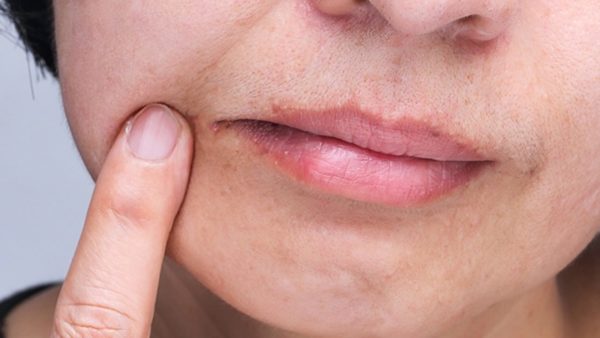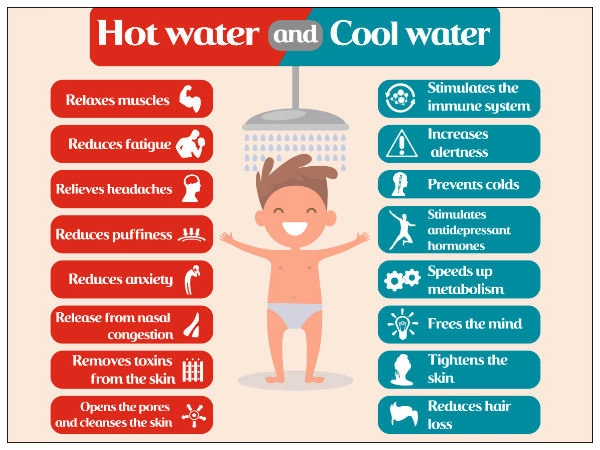7 Health Tips For Elderly People
Maintaining good health is essential at every stage of life, but it becomes even more critical as we grow older. Aging brings many changes that can impact our physical and mental well-being, making it essential to prioritize our health. According to the National Council on Aging, 95% of elderly adults have at least one chronic disease, and 80% have two or more. These chronic conditions can significantly impact the quality of life of seniors, increasing healthcare costs, hospitalizations, and disability.
However, aging does not necessarily mean a decline in health. By incorporating healthy habits into their daily routine, seniors can improve their overall health and maintain their independence. From regular exercise and a balanced diet to stress management and regular health check-ups, seniors can maintain their health and well-being in many ways.
This article will discuss top health tips for elderly people to lead a healthy lifestyle. By following these tips, seniors can improve their quality of life and enjoy their golden years.
Protection Against Abuse
It’s a sad reality that in nursing homes, abuse is a growing problem. The National Center on Elder Abuse states that one in ten elderly people experience abuse in a nursing home. While choosing a reputable nursing home with a good track record is essential, being vigilant and proactive in protecting our loved ones from abuse is also crucial.
One way to manage protection against abuse is to stay informed and educated about the signs of abuse. These can include physical injuries, unexplained bruises or marks, changes in behavior, and withdrawal from social activities. If you think your loved one is being abused, don’t hesitate to reach out to the Nursing Home Abuse Center that protects seniors from abuse and neglect. Another effective strategy is to stay involved in your loved one’s care and visit regularly. It will help you stay updated on their condition and let the staff know you are monitoring their care.
Stay Up to Date on Health Screenings
Regular health screenings are a crucial part of taking care of your health and well-being. These screenings are suggested based on age, gender, and medical history, among other things. For instance, women over 50 are advised to have regular mammograms to inspect for breast cancer, while men over 50 should have regular prostate cancer screenings. Routine screenings for blood pressure, cholesterol levels, and diabetes can also help identify potential health issues before they become more serious.
By staying on top of recommended health screenings, you can seize control of your health and catch any potential problems early on. Ignoring the importance of these screenings could lead to undiagnosed health issues that could become more serious over time. So, talk to your healthcare provider about the recommended screenings and schedule them as needed.
Eat a balanced diet
Food is not just a source of energy; it is the fuel that powers our bodies. As we go about our day-to-day lives, it is essential to eat a balanced diet to keep our bodies healthy and functioning correctly. For elderly people, maintaining a balanced diet is even more critical, as the body’s nutritional needs change with age.
A balanced diet should include vegetables, fruits, proteins, healthy fats, and whole grains. These foods provide essential vitamins, minerals, and nutrients for good health. Additionally, a balanced diet can help manage chronic illnesses such as diabetes, high blood pressure, and heart disease.
It’s important to note that as we age, our sense of taste and smell may change, affecting our appetite and desire to eat. It can lead to malnourishment and other health complications. To combat this, consider adding herbs and spices or experimenting with new recipes to make meals more enjoyable.
Adequate hydration
Water is the elixir of life. It is essential for our survival and helps keep our bodies functioning properly. Our bodies become less effective at regulating fluid levels as we age, making us more susceptible to dehydration. Dehydration can cause various health problems, including urinary tract infections, constipation, and even lead to hospitalization.
One of the best ways is to carry a refillable water bottle throughout the day. Sipping water regularly can help you stay hydrated without overwhelming your system. You can also incorporate hydrating foods such as fruits, vegetables, and soups into your diet.
Stay Mentally Active
Our brain is like a muscle. Like any other muscle, it needs exercise to stay strong and healthy. Mental stimulation is essential, as it can help prevent cognitive decline and improve memory and overall brain function. But how can we keep our minds active and sharp as we age?
One way is to challenge ourselves by learning new things, such as a new language, musical instrument, or skill. These activities require mental effort and help keep the brain engaged and stimulated. Reading books or solving puzzles, like crosswords or Sudoku, are excellent ways to exercise the brain.
Staying Socially Active
It’s a common misconception that aging means becoming isolated and disconnected from others. However, staying socially active is as vital for our health and well-being as physical activity. In fact, according to the National Institute on Aging, staying socially engaged can help improve cognitive function, reduce the risk of depression and anxiety, and even lower the risk of developing certain chronic conditions.
Maintaining social connections can be achieved in various ways, from joining clubs and organizations to volunteering in the community. Additionally, technology has made it easier to stay connected with loved ones, even from a distance. Social media platforms, video chats, and messaging apps allow us to keep in touch with family and friends from anywhere in the world.
Staying active
Staying active is not just essential for maintaining physical health. It can also positively impact mental and emotional well-being. While many elderly people may feel that they are too old or frail to engage in physical activity, the truth is that even light exercise can have significant health benefits. According to a study by Harvard Health Publishing, just 15 minutes of moderate exercise per day can increase your lifespan by three years.
For elderly people, staying active doesn’t have to mean hitting the gym or running a marathon. Walking, swimming, and gentle yoga are all great ways to get moving and stay healthy. In addition to improving cardiovascular health, regular exercise can help reduce the risk of falls, maintain flexibility, and even reduce depression and anxiety.
If you’re unsure how to start an exercise routine, talk to your healthcare provider or a personal trainer who works with elderly clients. They can help you develop a safe, effective exercise plan for your unique needs and abilities.
Conclusion
The health and well-being of older people should be a top priority. By following these health tips, seniors can maintain good physical, mental, and emotional health and enjoy a happy and fulfilling life. Whether it’s staying active, eating a healthy diet, undergoing regular health screenings, or protecting against abuse, simple strategies can help seniors stay healthy and vibrant in their golden years.








